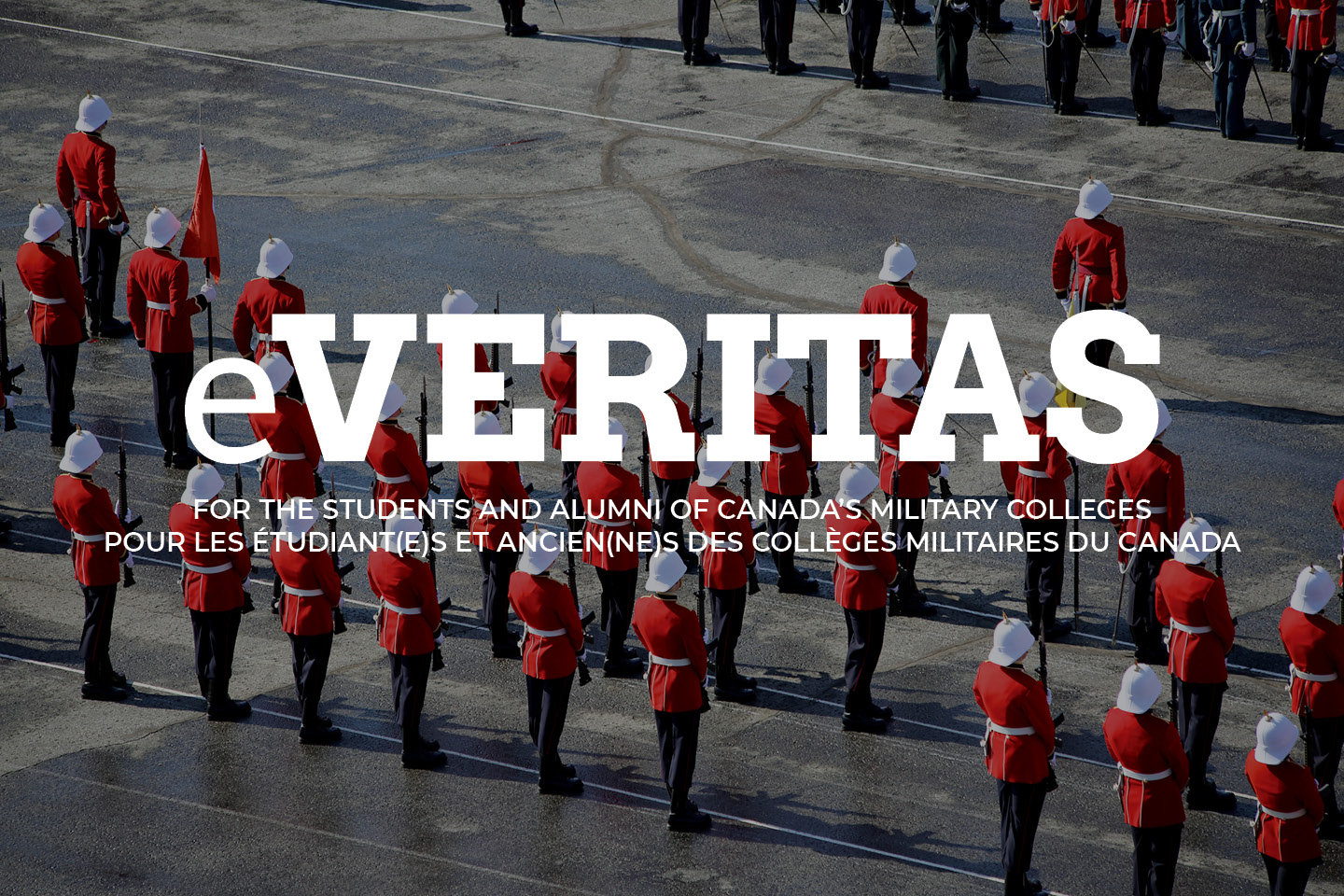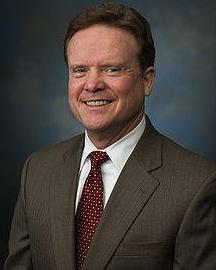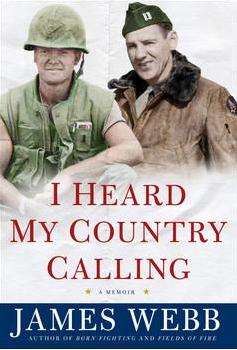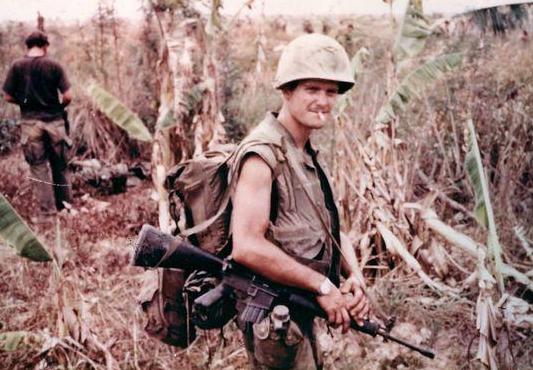
Vietnam Revisited – Part II
Reflections on One Man’s Life of Service and Sacrifice
By 12570 Mike Kennedy
More
No one would have realized it, but 50 years ago at this time, the United States took the first steps towards a headlong rush into what would eventually become the longest and most unpopular war it had ever fought. On March 2, 1965, the U.S. Air Force began Operation Rolling Thunder, a massive bombardment campaign launched in retaliation for Communist attacks against American air bases in Vietnam. Less than a week later, 3,500 U.S. Marines waded ashore at Da Nang, the first U.S. combat troops to arrive in that country. In November of that year, the Americans fought their first major battle against the North Vietnamese in the Ia Drang Valley, an engagement which would later be depicted in the 2002 film We Were Soldiers.
At the time that Rolling Thunder kicked off, Vietnam was a place that many Americans had neither heard of nor cared about. Fast forward to the spring of 1968, and the war had taken a dramatic turn for the worse. At the end of January, the Tet Offensive exploded across South Vietnam, catching the U.S. forces completely by surprise. Although the Tet Offensive ultimately failed to achieve its military objectives and resulted in heavy North Vietnamese and Viet Cong casualties, it nonetheless dealt a significant blow to U.S. morale and added to the growing doubts many Americans had about the war.
By mid-February, American casualties had reached an all-time high, with 534 killed and over 2,500 wounded within the space of one week alone. At the end of March, Lyndon Johnson, realizing that the United States was bogged down in a deadly quagmire from which there was no honourable exit readily in sight, announced that he would not be seeking a second term as President.
Meanwhile, throughout the first few months of 1968, U.S. Marines endured an agonizing siege at Khe Sanh. Throughout much of the year, events of the war would be witnessed by a young U.S. Army infantryman named Oliver Stone, who 30 years later would vividly depict his own interpretation of Vietnam in his1986 film Platoon, which attracted a huge amount of attention at the time of its release.
Back home in the States, three young men born in 1946 were preparing to graduate from college. The youngest, Bill Clinton, would receive a degree in foreign service from Georgetown University, and subsequently depart for Oxford on a Rhodes Scholarship. While in England he would receive draft deferments (eventually never serving in the armed forces he would later command) and would actively participate in protests opposing the Vietnam War.
The one born in the middle, George W. Bush, would earn a B.A. in history from Yale University, his father’s alma mater. Immediately after receiving his sheepskin he would join the Texas Air National Guard and spend the next two years training to fly fighter interceptors, all the while remaining a safe distance away from enemy gunfire. A few years later, he would enter the Harvard Business School, graduating in 1975 with an MBA degree that would open the doors to a career first in business and subsequently in politics.
The eldest of the three was James Henry Webb Jr., born in February 1946 as the son of a career U.S. Air Force officer. On June 5, 1968, Webb graduated from the United States Naval Academy, receiving the Superintendent’s Letter of Commendation for Leadership, and a commission as a Second Lieutenant in the Marine Corps. Immediately thereafter he was bound with his USMC classmates for the Basic School at Quantico, from which he would emerge as the honour graduate four days before his 23rd birthday. Barely two months later he was commanding a rifle platoon in Delta Company of the First Battalion, Fifth Marine Regiment, an assignment which saw him plunged head-first into the flaming cauldron of Vietnam.
As we all know now, two of these three young men would eventually ascend to their country’s highest office, where they would bear the title of Commander-in-Chief. Though as President they would both order U.S. troops into harm’s way, neither one had themselves ever served America in combat in one of the nation’s most difficult and desperate moments. But today, the only one who did is now contemplating making a run for the Presidency. Political analysts rate his candidacy as a long shot, but if he does manage to snag the prize when Americans go to polls in November of next year, Jim Webb will be 70 years of age, the oldest President ever elected to that office. In his new book I Heard My Country Calling, Webb reflects on a remarkable life of military and public service, and also gives us a glimpse of what we might expect in the event he takes the helm once Barack Obama departs.
Lieutenant Jim Webb, USMC in Vietnam, 1969
To understand the man, one must understand his origins. Webb is a product of hardscrabble Scots-Irish stock that emigrated from Ulster in the 18th and 19th century, populating large swaths of states such as Pennsylvania, Virginia, and the Carolinas. His father, James Webb Sr., was the first member of his family to graduate high school. Originally an electrician by trade, Webb Sr. trained as a bomber pilot during the Second World War. After a brief return to civilian life he re-entered the service in 1947, eventually rising to the rank of Colonel before his retirement in 1968, the same year his son graduated from the Naval Academy.
Webb’s mother, Vera Lynn Hodges, was born in rural Arkansas. At age seventeen, she met her future husband riding the bus home in the small Texas town located near the base where he was training. After an eleven-day courtship he asked her to marry him, and their union produced four children, of whom Jim Webb was the second.
No child of privilege, Webb and his three siblings spent their growing years travelling around, following their career officer father from one posting to the next. The continual series of moves taught him at an early age to be both perceptive and streetwise. As a teenager in Nebraska, Webb’s athletic talent and combative nature drew him into the world of amateur boxing, where he would be hugely successful. Apart from the pugilistic skills that he acquired, fighting under the lights in smoky gyms also taught Webb a sense of mental tenacity and emotional resilience, qualities that would prove invaluable in his later endeavours.
When it came time for college, Webb started out with a carefree and fun-filled year at the University of Southern California, with the tab being picked up by the Naval ROTC program. The party came to an abrupt ending a year later when Webb entered the U.S. Naval Academy, having been encouraged to apply by ROTC superiors who recognized his leadership potential. Early on, his fiercely independent nature did not endear him to his seniors, and his first year at USNA clearly wasn’t an easy one, as I Heard My Country Calling recounts in some detail.
Even so, Webb went on to not only survive but thrive at the Academy, earning a position on the Brigade staff in his final year, and winning an award for leadership at graduation. His arrival at Annapolis in 1964 coincided with the Gulf of Tonkin incident that kicked the Vietnam War into high gear, and over the next four years he watched key events of the conflict unfold, and saw a number of good friends and colleagues give their lives for their country.
Without any doubt, the defining moment of Webb’s life must surely have been the year he spent as a Marine officer in Vietnam. Arriving in the spring of 1969, he served as a platoon and later company commander in the An Hoa Basin, scene of some of the bloodiest and most ferocious fighting of the war. By the time his tour ending in 1970, Webb had earned numerous decorations for his actions in combat, including two Bronze Stars, a Silver Star, and the Navy Cross, America’s second-highest decoration for valour. Along the way, he had seen the agonies the war inflicted on the Vietnamese, and many of his own comrades killed or grievously wounded. His experiences in Vietnam were later brought to life in his explosive 1978 novel Fields of Fire, which to this day remains one of the most graphic and compelling accounts of that war.
The final chapters of I Heard My Country Calling recount key events of Webb’s life in the post-Vietnam America of the early and mid-1970’s. As a newly-promoted Captain freshly returned from the war Webb desperately wanted to remain in the Marine Corps, but wounds suffered in Vietnam precluded him from continuing to serve. After taking medical retirement from the Corps in 1972 he entered law school at Georgetown University, a place where as one of a very few veterans in his class, he felt lonely and isolated among members of a sheltered elite, many of whom had deliberately and skilfully avoided serving their country when it needed them most.
 In the forty years since receiving his law degree, Webb (photo left) has since pursued a widely varied career, distinguishing himself successively as a journalist, author, public servant, and most recently, U.S. Senator from Virginia. He’s now eying a shot at his nation’s top office, and if he does win the Presidency in 2016, he’ll join Bill Clinton and George W. Bush as likely the last of the Vietnam-era Baby Boomers to serve as President.
In the forty years since receiving his law degree, Webb (photo left) has since pursued a widely varied career, distinguishing himself successively as a journalist, author, public servant, and most recently, U.S. Senator from Virginia. He’s now eying a shot at his nation’s top office, and if he does win the Presidency in 2016, he’ll join Bill Clinton and George W. Bush as likely the last of the Vietnam-era Baby Boomers to serve as President.
What should we expect if Webb actually does make it to the Oval Office ? No one can say for sure, but it’s a safe bet that we won’t see any of the same brand of glib, slickly-polished politics advocated by so many of his competitors. Reading I Heard My Country Calling leaves one with the clear impression that the book’s author is a tough, uncompromising, what-you-see-is-what-you-get type of individual. At the same time, however, Webb’s writing also radiates a heartfelt and refreshing down-to-earth authenticity that’s otherwise almost vanished from the modern-day political landscape.
As an overall assessment, I Heard My Country Calling is a book that’s definitely well worth reading. Apart from recounting the key steps in the journey of someone who has led a remarkable life, the book also offers a powerful testimonial to the strength of the core values that serve as the foundation of military and public service. Regardless of whether he wins the Presidency or not, there’s no doubt that Jim Webb will one day be remembered as being a giant figure in the history of his country. As a young man in Vietnam nearly 50 years ago he proved himself to be a great Marine; in his life in the years since then, he’s shown himself to be an equally great American. Truly, he is an exceptional man whose life and achievements exemplify the qualities of leadership at their very best, and his story is one that will provide a source of inspiration for many generations of military officers to come.


